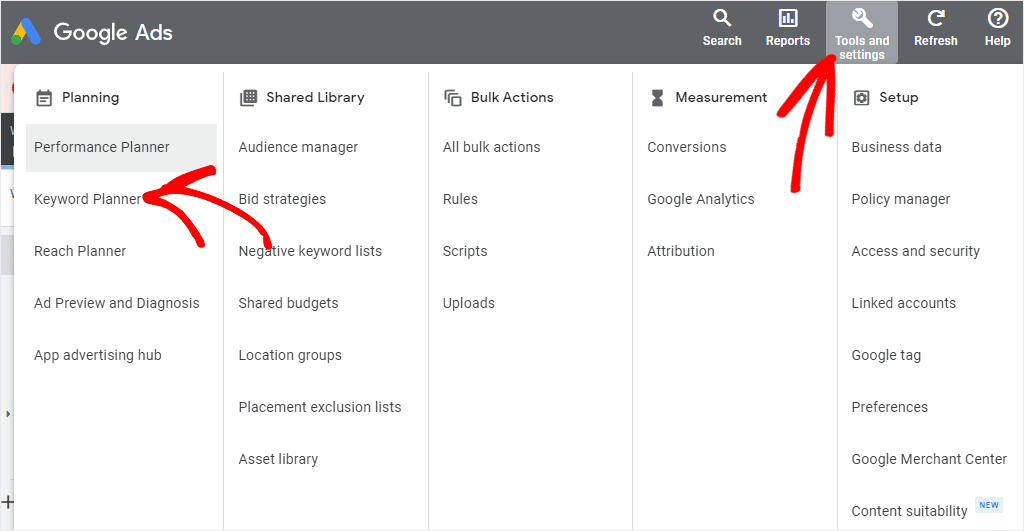How To Find Keyword Ranking In Google
Understanding where your website stands in the vast landscape of Google search results is crucial for any digital marketer or business owner. Knowing your keyword rankings can help you fine-tune your SEO strategies, increase organic traffic, and ultimately grow your online presence. With millions of websites competing for attention, pinpointing your keyword ranking in Google is not just a luxury—it's a necessity. The good news is that finding this information is easier than you might think.
In this article, we'll explore various methods and tools available to assess your keyword rankings effectively. From free tools to advanced analytics, we will guide you through the process step-by-step. Additionally, we will cover why tracking your keyword rankings is essential and how it can inform your overall marketing strategy.
Whether you are an SEO novice or an experienced marketer looking to sharpen your skills, this comprehensive guide will equip you with the knowledge you need to track your keyword rankings successfully. So, let's dive into the world of keyword rankings and discover the best practices to monitor your performance on Google!
What Are Keyword Rankings?
Keyword rankings refer to the position of a specific keyword in Google's search results. When users enter a query, Google displays a list of web pages that are deemed most relevant to that query, ranked from highest to lowest. The goal of SEO is to secure a high ranking for your targeted keywords so that your website appears on the first page of search results, ideally within the top three positions.
Why Is Tracking Keyword Ranking Important?
Tracking keyword rankings is essential for several reasons:
- It helps evaluate the effectiveness of your SEO efforts.
- Understanding keyword performance can guide content creation.
- Monitoring rankings can uncover new opportunities for optimization.
- It allows you to identify competitors and analyze their strategies.
How Can You Find Keyword Ranking in Google?
There are various methods to check your keyword rankings. Below are some of the most effective techniques:
1. Use Google Search Console
Google Search Console is a free tool provided by Google that allows you to monitor your website's performance in search results. Here’s how to use it:
2. Third-Party SEO Tools
Numerous third-party tools can provide detailed insights into keyword rankings. Some popular options include:
- SEMrush
- Ahrefs
- Moz
- Ubersuggest
These tools often offer additional features like competitor analysis, backlink monitoring, and traffic estimation.
How Often Should You Check Your Keyword Rankings?
The frequency of checking your keyword rankings can vary based on your SEO strategy and business goals. However, here are some general guidelines:
- Weekly checks for competitive industries.
- Monthly checks for less competitive niches.
- After significant website changes (e.g., redesigns, content updates).
What Should You Do If Your Keyword Rankings Drop?
If you notice a drop in keyword rankings, it’s crucial to take immediate action. Follow these steps to identify and rectify the issue:
How to Use Keyword Ranking Data to Improve Your SEO?
Once you have gathered keyword ranking data, use it to inform your SEO strategy. Here are some ways to leverage this information:
- Focus on high-ranking keywords to create more content.
- Identify low-ranking keywords that need optimization.
- Target long-tail keywords for niche markets.
- Monitor competitors' rankings for strategic insights.
Conclusion: The Path to Effective Keyword Ranking Tracking
Knowing how to find keyword ranking in Google is vital for your SEO success. By leveraging tools like Google Search Console and third-party SEO platforms, you can gain valuable insights into your website’s performance. Remember to check your rankings regularly and adjust your strategies accordingly, ensuring that your content remains relevant and valuable to your audience.
With a proactive approach to tracking keyword performance, you can enhance your online visibility and drive more organic traffic to your website. Embrace these practices, and watch your SEO efforts translate into tangible results!



ncG1vNJzZmixn6PAtr7IZqWeq6RjsLC5jpycpZ2Sp7a1xZBtZqGnp2LBsHnFoqWdZZuaxri70Z1kq5meoLavs4yipWafn6S0rbGNoaumpA%3D%3D